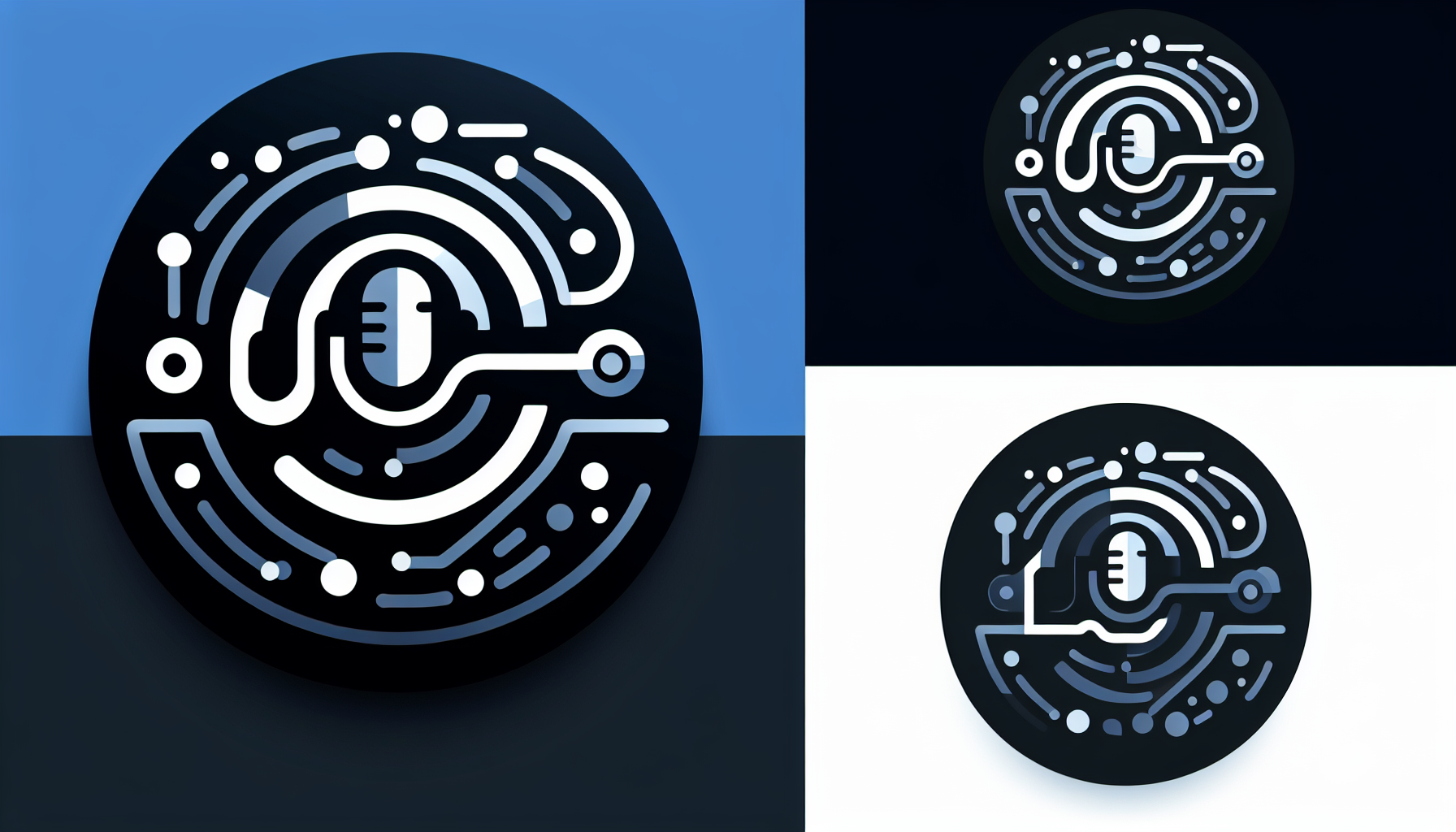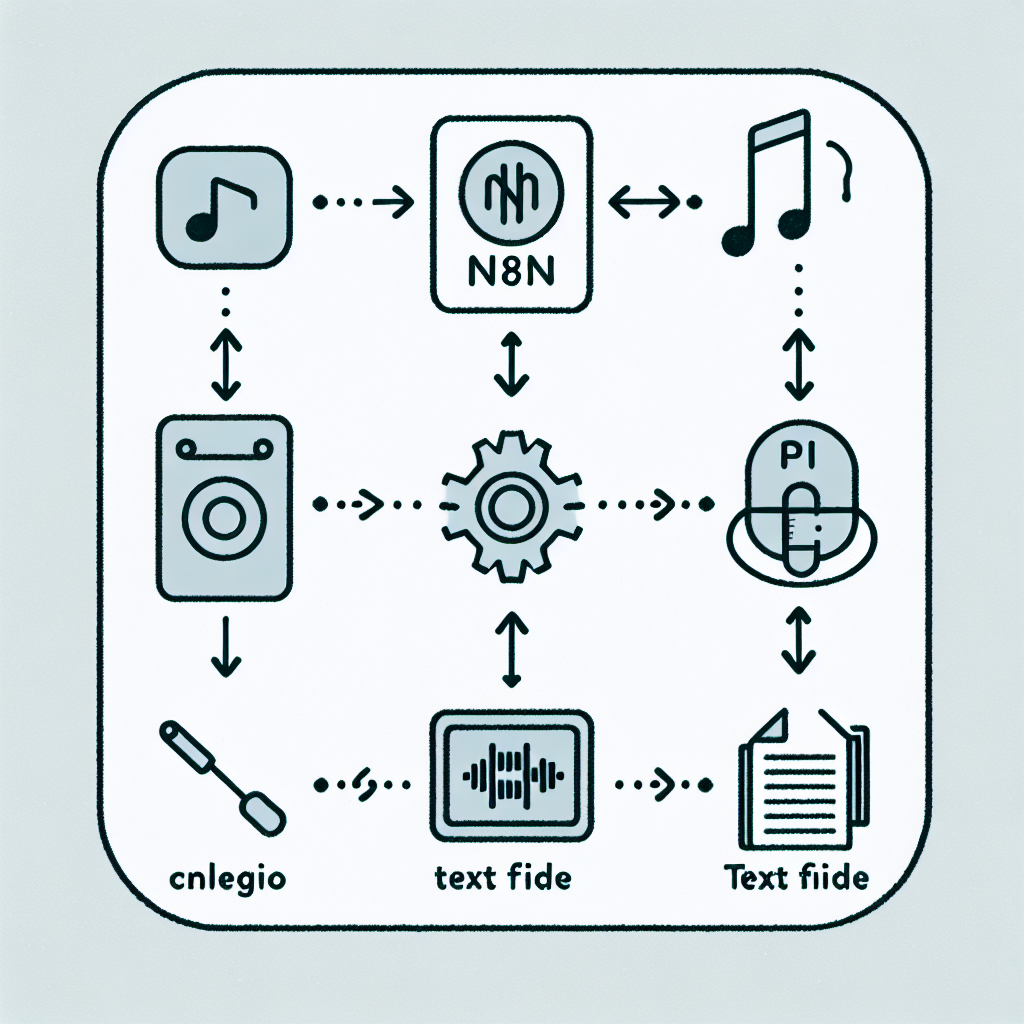This is an n8n community node package for interacting with the Deepgram API.
It currently includes the following nodes:
- Deepgram Transcriber: Transcribes pre-recorded audio files using the Deepgram API. Supports providing audio via URL or binary file input.
- Deepgram Speaker (TTS): Generates audio from text using the Deepgram Speak API (Text-to-Speech).
n8n is a fair-code licensed workflow automation platform.
Installation Operations Credentials Compatibility Usage Resources License
Follow the installation guide in the n8n community nodes documentation.
- Go to Settings > Community Nodes.
- Select Install.
- Enter
n8n-nodes-deepgramin the Enter package name field. - Agree to the risks of using community nodes: select I understand the risks, and I want to proceed.
- Select Install.
After installing the node, you can use it like any other node. n8n displays the node in the node panel under Community > Installed.
-
Deepgram Transcriber:
- Transcribe audio from a public URL.
- Transcribe audio from an n8n binary file property.
- Supports various Deepgram models (including Nova 2 and Nova 3).
- Allows specifying additional options like language, punctuation, diarization, smart formatting, keywords, and callback URL.
- Optionally append metadata (endpoint, parameters, duration) to the output.
- Choose between outputting the full raw transcript or just the transcript text.
-
Deepgram Speaker (TTS):
- Convert input text (up to 2000 characters) into spoken audio.
- Select from various Deepgram Aura voice models.
- Configure audio output options like encoding (MP3, WAV, etc.), container, sample rate, and bit rate.
- Outputs the generated audio as an n8n binary file property.
Requires Deepgram API credentials. The same credentials work for both the Transcriber and Speaker nodes.
- Go to your Deepgram Console.
- Navigate to API Keys.
- Create a new API key or use an existing one.
- In n8n, create new credentials for the Deepgram Transcriber node.
- Enter your Deepgram API Key.
- (Optional) If using a self-hosted or custom Deepgram endpoint, enter the Base URL.
Tested with n8n version 1.x.
- Install the package in your n8n instance.
- Add the Deepgram Transcriber node to your workflow.
- Configure the node properties:
- Select the Input Source Type (URL or Binary File).
- Provide the Audio URL or Binary Property name.
- Choose the desired Model.
- Configure Additional Options as needed (language, punctuate, etc.).
- Select the Output Format.
- If using "Transcript Only" format, optionally specify a custom Transcript Field Name (defaults to
transcript).
- Connect the node and run your workflow.
- Install the package in your n8n instance.
- Add the Deepgram Speaker (TTS) node to your workflow.
- Configure the node properties:
- Enter the Text to Speak.
- Choose the desired Voice Model.
- Configure Audio Options (encoding, container, sample rate, bit rate) as needed.
- Specify the Output Binary Property name where the audio data will be stored (defaults to
data). - (Optional) Provide an Output Filename (e.g.,
speech.mp3). If left empty, a default filename based on the output format will be used (e.g.,deepgram_output.mp3).
- Connect the node and run your workflow. The output item will contain the generated audio in the specified binary property, including the filename.
- n8n Community Nodes documentation
- Deepgram API Documentation
- GitHub Repository: Walid-Azur/n8n-nodes-deepgram
For custom node development, workflow automation consulting, or other n8n-related services, please contact:
Walid Boudabbous (Acceleate Consulting Estonia)
Email: walid@acceleate.com

